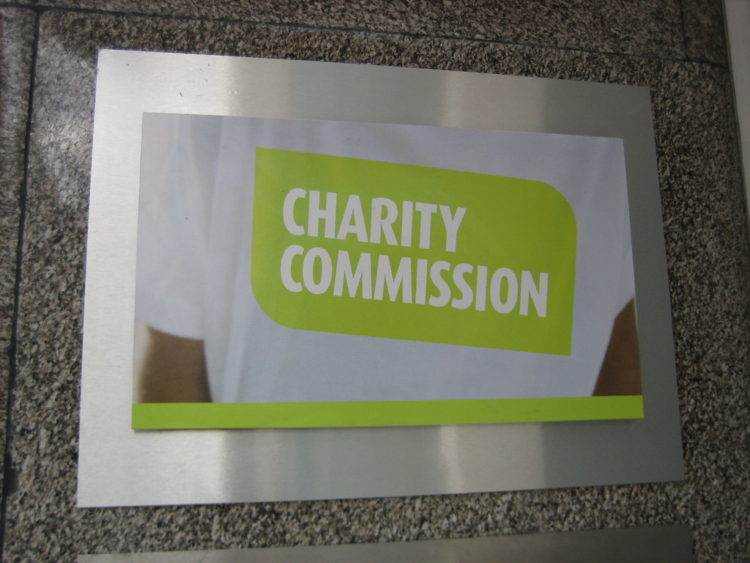By Gavin Mackintosh-
The Charity Commission has today published the results of its pre-inquiry and class inquiry work into charities that failed to file financial information with the regulator for 2 or more years in the last 5 years.
The ‘double defaulter’ inquiry has resulted in a total of £51,615,231 of charitable income being accounted for, and 97 charities addressing their failure to file and submit their outstanding annual documents.
The inquiry used information gathering powers 51 times to obtain bank records and financial information of the charities. In 2 cases, the inquiry identified wider governance concerns and opened separate inquiries.
Due to public interest in the issue of charities’ non-submission of annual returns, reports and accounts , particularly where the non-compliance is over a long period of time, the Commission in 2013 opened a statutory class inquiry into charities that were in default of their statutory obligations to meet reporting requirements by failing to file their annual documents for two or more years in the last five years and met certain criteria.
Misconduct includes any act or failure to act that the person committing it knew (or ought to have known) was criminal, unlawful or improper. Mismanagement includes any act (or failure to act) that may cause charitable resources to be misused or the people who benefit from the charity to be put at risk. A charity’s reputation may be regarded as property of the charity.
Investigators provided charities with regulatory advice and guidance about the trustees’ legal duties to file important financial information. The exercise revealed 28 charities had ceased to exist or do not operate, and have therefore been removed from the register of charities. An insider from the Charity Commission told The Eye Of Media.Com that a lot of people are sceptical of charities and want to see evidence of their honourability.
”The public have high expectations of charities because of the good work they generally do. We are the body oversighted to ensure charities are trustworthy , well run, with good governance and good administration and hold them to account against the standards expected of them”
Amy Spiller, Head of Investigations Team at the Charity Commission said:
”I am pleased that our intervention has resulted in charities putting right their default, and that we have been able to account for significant sums which charities can use to do good and make people’s lives better.
Generous donors have a right to be able to see clearly how their money is being spent, and be assured that they are going to their intended causes.The Commission said it is committed to informing public choice about charities. Charities must lead the way here and evidence how they are delivering on their charitable mission and purpose through financial information that they make available. This is vital if charities are to meet legitimate public expectations around transparency and accountability”.

